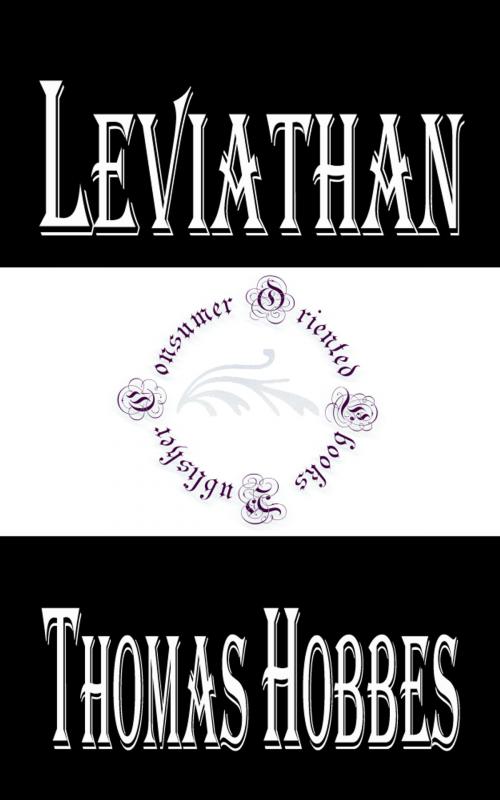Leviathan
or the Matter, Forme, and Power of a Common-Wealth Ecclesiastical and Civill
Nonfiction, Religion & Spirituality, Philosophy, Political, Social & Cultural Studies, Political Science, Government| Author: | Thomas Hobbes | ISBN: | 1230000305132 |
| Publisher: | Consumer Oriented Ebooks Publisher | Publication: | February 23, 2015 |
| Imprint: | Language: | English |
| Author: | Thomas Hobbes |
| ISBN: | 1230000305132 |
| Publisher: | Consumer Oriented Ebooks Publisher |
| Publication: | February 23, 2015 |
| Imprint: | |
| Language: | English |
Leviathan, or The Matter, Forme and Power of a Common Wealth Ecclesiasticall and Civil is a book written in 1651 by Thomas Hobbes.
In the book, Hobbes argues for a social contract and rule by a sovereign. Influenced by the English Civil War, Hobbes wrote that chaos or civil war - situations identified with a state of nature and the famous motto bellum omnium contra omnes (the war of all against all) - could only be averted by strong central government. He thus denied any right of rebellion toward the social contract. However, Hobbes did discuss the possible dissolution of the State. Since the social contract was made to institute a state that would provide for the peace and defense of the people, the contract would become void as soon as the government no longer protected its citizens. By virtue of this fact, man would automatically return to the state of nature until a new contract is made.
Leviathan, or The Matter, Forme and Power of a Common Wealth Ecclesiasticall and Civil is a book written in 1651 by Thomas Hobbes.
In the book, Hobbes argues for a social contract and rule by a sovereign. Influenced by the English Civil War, Hobbes wrote that chaos or civil war - situations identified with a state of nature and the famous motto bellum omnium contra omnes (the war of all against all) - could only be averted by strong central government. He thus denied any right of rebellion toward the social contract. However, Hobbes did discuss the possible dissolution of the State. Since the social contract was made to institute a state that would provide for the peace and defense of the people, the contract would become void as soon as the government no longer protected its citizens. By virtue of this fact, man would automatically return to the state of nature until a new contract is made.















